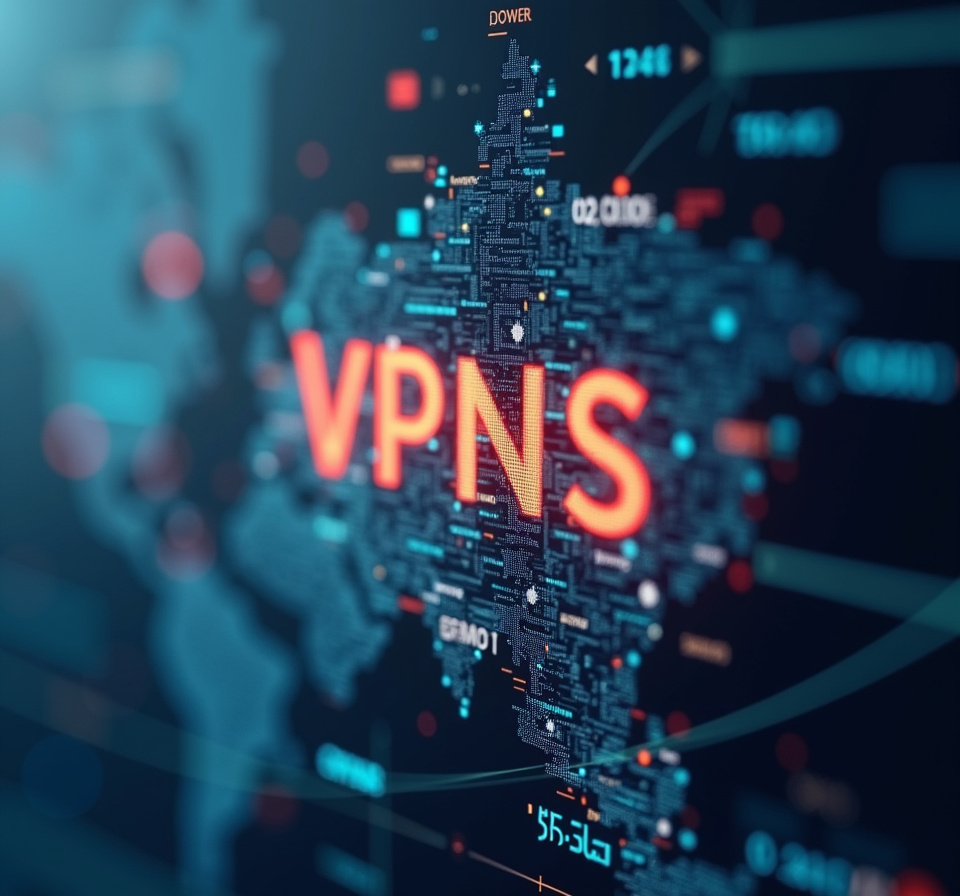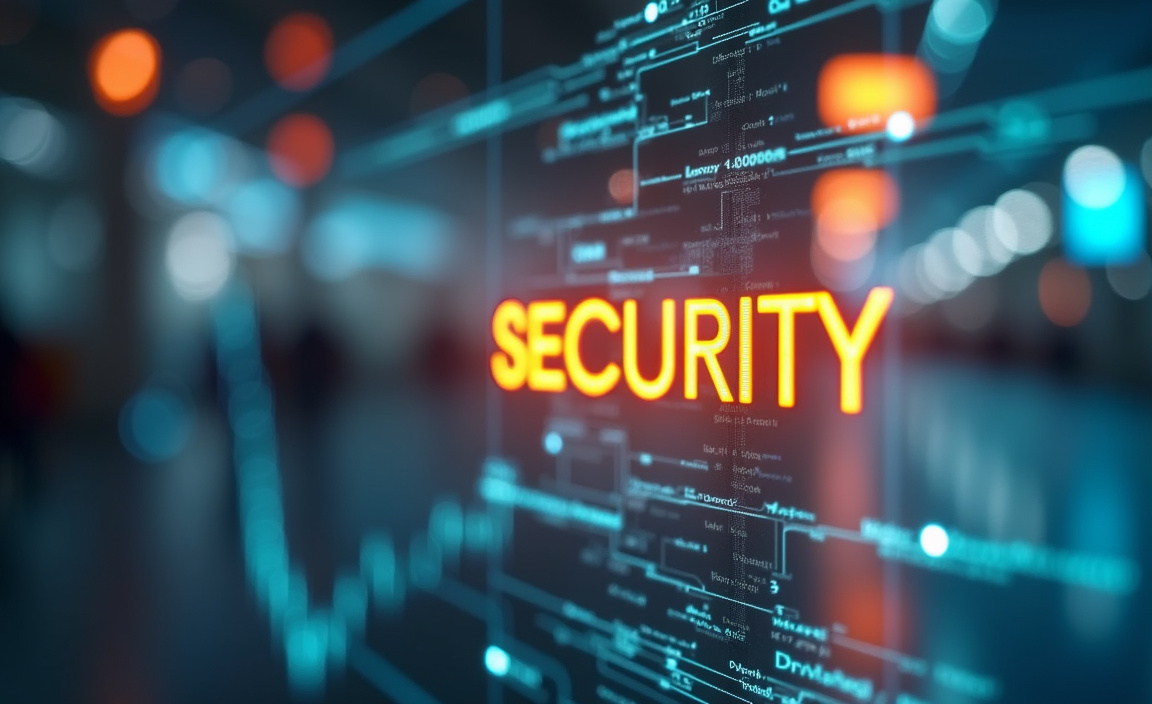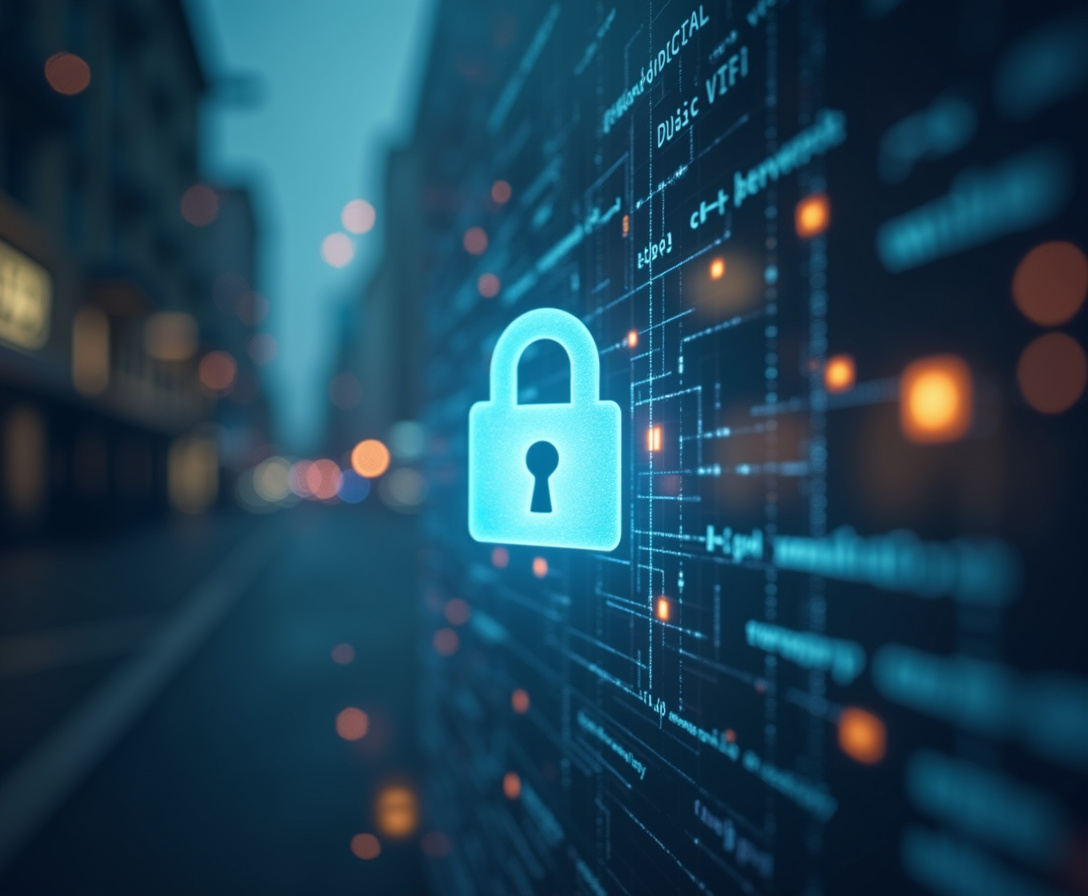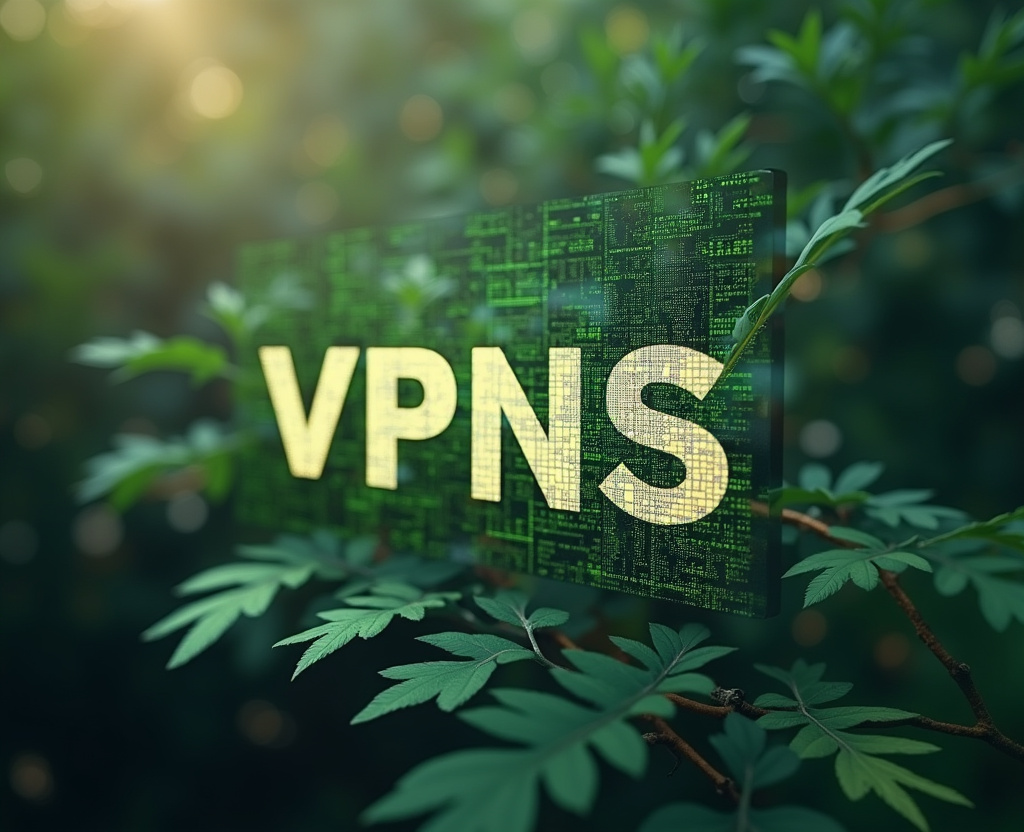VPNs for Adventure Tourism: Safeguarding Traveler Information
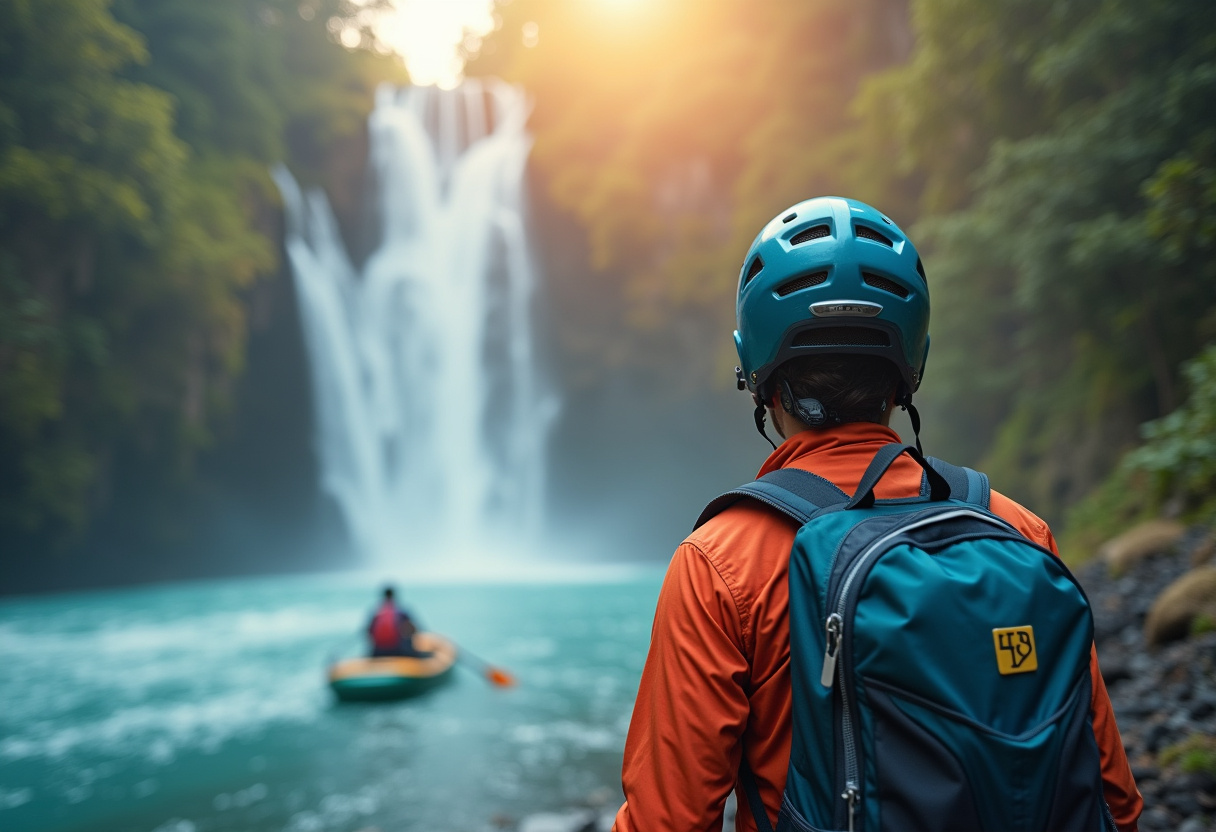
Table of Contents
The Rising Need for VPNs in Adventure Tourism
In today's digital age, the allure of adventure tourism has surged, beckoning intrepid travelers to explore uncharted territories and immerse themselves in exhilarating experiences. However, amidst the thrill of exploration, a critical concern looms: the security of personal information. Adventure tourism inherently involves the collection and transmission of sensitive data, from booking details and financial transactions to location tracking and personal communications.
This wealth of information, often entrusted to tour operators and travel agencies, makes adventure travelers a prime target for cybercriminals seeking to exploit vulnerabilities in online security. A robust Virtual Private Network (VPN) has emerged as an essential tool in safeguarding this sensitive data, providing a secure and encrypted channel for online activity, effectively shielding travelers from potential threats. This article delves into the fundamental role of VPNs in the adventure tourism sector, focusing on enhancing *traveler information security*, ensuring robust *booking protection*, and upholding the utmost standards of *privacy*.
We explore the importance of selecting a reliable *VPN for travel* that caters to the unique needs of adventure travelers, offering a secure and worry-free online experience. The evolving landscape of cyber threats necessitates a proactive approach to data protection. Adventure tourism companies, responsible for handling vast amounts of traveler information, must prioritize cybersecurity measures to maintain customer trust and safeguard their business operations.
Using a VPN is not merely a suggestion; it's a critical component of a comprehensive security strategy, especially when travelers rely on public Wi-Fi networks, which are notorious for their lack of security. These networks, commonly found in airports, hotels, and cafes, are often unsecured, leaving data vulnerable to interception by hackers. Cybercriminals can easily eavesdrop on unencrypted traffic, gaining access to personal credentials, financial details, and other sensitive information.
Furthermore, the decentralized nature of adventure tourism, often involving remote locations and diverse communication channels, complicates data security efforts. Travelers may use various devices, from smartphones and laptops to tablets and GPS-enabled devices, to access online services and communicate with tour operators. Each device represents a potential entry point for cyber threats, requiring a layered security approach that includes VPNs.
Moreover, the increasing reliance on online booking platforms and payment gateways introduces additional security risks. Cybercriminals may attempt to compromise these platforms to steal customer data or intercept financial transactions. VPNs can mitigate these risks by encrypting traffic between the traveler's device and the booking platform, preventing unauthorized access to sensitive information.
The benefits of using a VPN for adventure tourism extend beyond data encryption. VPNs also provide anonymity by masking the traveler's IP address and location, preventing websites and online services from tracking their browsing activity. This can be particularly important for travelers who value their privacy and wish to avoid targeted advertising or surveillance.
In addition to protecting personal information, VPNs can also enhance the overall travel experience by providing access to region-restricted content and services. For example, travelers may use a VPN to access their favorite streaming services or social media platforms while abroad, bypassing censorship or geographical limitations. Selecting the appropriate *adventure tourism VPN* is critical for achieving optimal *traveler information security* and ensuring *privacy* while enjoying the *booking protection* offered by a dedicated *VPN for travel*.
Second section subtitle
The vulnerability of adventure travelers' data isn't merely a theoretical concern; it's a tangible risk demonstrated by real-world scenarios. News headlines frequently report data breaches affecting travel agencies and tour operators, exposing the personal information of thousands of customers. These incidents serve as stark reminders of the importance of proactive security measures.
Such breaches can occur through various attack vectors, including phishing scams, malware infections, and ransomware attacks. Phishing scams involve deceptive emails or websites designed to trick travelers into revealing their personal information. Malware infections can compromise devices and steal data without the user's knowledge.
Ransomware attacks encrypt data and demand a ransom payment for its release. Moreover, the evolving regulatory landscape surrounding data privacy, such as the General Data Protection Regulation (GDPR) in Europe, imposes strict obligations on businesses to protect the personal data of their customers. Failure to comply with these regulations can result in significant fines and reputational damage.
Adventure tourism companies, therefore, have a legal and ethical responsibility to implement robust security measures, including VPNs, to safeguard traveler information. Beyond the immediate risks of data breaches, neglecting cybersecurity can have long-term consequences for adventure tourism companies. Customers who experience or witness a data breach are likely to lose trust in the company and take their business elsewhere.
This loss of trust can be difficult to regain, especially in today's competitive market. Furthermore, negative publicity surrounding a security incident can damage the company's reputation and deter potential customers from booking tours. A strong reputation for security is a valuable asset in the adventure tourism industry, attracting customers who prioritize the safety and privacy of their personal information.
Investing in cybersecurity, including VPNs, is therefore an investment in the company's long-term success. Specific examples of data vulnerabilities in adventure tourism abound. Imagine a traveler booking a hiking tour in Nepal.
They provide their passport information, emergency contact details, and credit card information through an online booking portal. If that portal lacks adequate security measures, such as encryption and multi-factor authentication, a hacker could intercept this data and use it for identity theft or financial fraud. Or, suppose a traveler is using a public Wi-Fi network in a remote mountain village to check their email.
If they are not using a VPN, their email communications could be intercepted by a cybercriminal, who could then gain access to sensitive information or even impersonate the traveler. Another scenario involves the use of GPS-enabled devices during a guided tour. While these devices can enhance safety and coordination, they also collect location data that could be vulnerable to misuse.
If the GPS data is not properly secured, it could be accessed by unauthorized individuals, who could track the traveler's movements or even use the data for malicious purposes. These examples highlight the diverse range of data vulnerabilities that adventure travelers face. A VPN addresses many of these vulnerabilities by encrypting data, masking IP addresses, and preventing online tracking.
By using a VPN, travelers can significantly reduce their risk of becoming victims of cybercrime. Embracing an *adventure tourism VPN* ensures enhanced *traveler information security*, stronger *booking protection*, and greater *privacy* for a superior *VPN for travel* experience, safeguarding against the diverse threats.
Third section subtitle
The core functionality of a VPN lies in creating an encrypted tunnel that shrouds all internet traffic emanating from a user's device. This encryption process transforms readable data into an unreadable cipher, rendering it incomprehensible to anyone attempting to intercept it. Think of it as sending a letter in a locked box; only the intended recipient with the key can unlock and read the message.
This is particularly crucial when using public Wi-Fi networks, which are often unsecured and vulnerable to eavesdropping. A VPN effectively creates a private and secure connection, even on a public network. Moreover, a VPN masks the user's IP address, which is a unique identifier assigned to their device by their internet service provider (ISP).
By routing internet traffic through a VPN server in a different location, the user's actual IP address is hidden, and the VPN server's IP address is displayed instead. This effectively anonymizes the user's online activity, making it difficult for websites, advertisers, and other third parties to track their browsing habits. This IP masking feature is also beneficial for accessing region-restricted content.
Many websites and online services are only available in certain countries or regions. By connecting to a VPN server in a different country, users can bypass these geographical restrictions and access content that would otherwise be unavailable to them. For example, a traveler from the United States could use a VPN to connect to a server in the United Kingdom and access BBC iPlayer, which is only available to UK residents.
Furthermore, a reputable VPN service will adhere to a strict no-logs policy, meaning that it does not track or store any user data, including browsing history, IP addresses, or connection timestamps. This ensures that the user's online activity remains private and confidential. However, it is crucial to carefully review the VPN provider's privacy policy to ensure that it is truly committed to protecting user privacy.
Some VPN providers may claim to have a no-logs policy but still collect some user data, which could compromise their privacy. In addition to its core functionality, a quality VPN offers a range of features designed to enhance security and usability. A kill switch, as mentioned earlier, is an essential feature that automatically disconnects the internet connection if the VPN connection drops.
This prevents data from being exposed in the event of a VPN failure. Split tunneling allows users to choose which applications or websites to route through the VPN tunnel, while allowing other traffic to bypass the VPN. This can be useful for optimizing performance or accessing local network resources.
Multi-hop VPN connections route traffic through multiple VPN servers, adding an extra layer of encryption and anonymity. When evaluating VPN providers, consider the encryption protocols they employ. The strongest and most widely used protocols are OpenVPN and IKEv2/IPsec.
These protocols use robust encryption algorithms to protect data from interception. Avoid VPN providers that use outdated or weak encryption protocols, as these may not provide adequate security. For adventure tourism, the selection of a suitable *adventure tourism VPN* offers paramount *traveler information security* and *privacy*.
Enjoy robust *booking protection* and a seamless *VPN for travel* experience through its inherent security features.
Fourth section subtitle
Implementing a VPN solution effectively within an adventure tourism company demands a strategic and multifaceted approach, going beyond simply subscribing to a service. The foundation lies in establishing a comprehensive security policy document that explicitly outlines the company's stance on VPN usage, its purpose, permissible activities, and clear enforcement protocols. This policy should be readily accessible and clearly communicated to all stakeholders, including employees, tour guides, and even travelers themselves, ensuring everyone understands their responsibilities in maintaining data security.
The policy should address key areas: specifying which devices require VPN protection (company-issued laptops, smartphones, tablets), detailing acceptable and unacceptable VPN usage (e.g., accessing sensitive financial data only through a VPN), and outlining consequences for violating the policy (e.g., disciplinary action for employees). Choosing the right VPN provider is a critical decision. Avoid free VPN services, as they often come with hidden costs, such as data logging, intrusive advertising, or even malware infections.
Opt for a reputable provider that offers business-grade VPN services tailored to the needs of adventure tourism companies. Look for features such as dedicated servers, which provide better performance and security than shared servers; static IP addresses, which can be used to access specific online resources that require whitelisted IP addresses; and centralized management tools, which simplify the administration and monitoring of VPN connections across the organization. Scalability is also important: can the VPN solution easily accommodate the company's growing needs as it expands its operations?
Once a VPN provider is selected, the next step is to configure the VPN on all company-owned devices. The configuration process varies depending on the device and the VPN software, but it typically involves installing the VPN client, entering the VPN server address, and providing authentication credentials. The VPN should be configured to automatically connect whenever the device is connected to the internet, especially when using public Wi-Fi networks.
Consider implementing two-factor authentication (2FA) for added security. 2FA requires users to provide two forms of identification, such as a password and a code sent to their mobile phone, before they can connect to the VPN. This makes it much more difficult for unauthorized individuals to access the VPN, even if they have obtained the user's password.
Educating employees and travelers about VPN usage is crucial. Conduct training sessions to explain how VPNs work, why they are important, and how to use them effectively. Provide clear instructions on connecting to the VPN, verifying the connection status, and troubleshooting common issues.
Emphasize the importance of using the VPN whenever accessing sensitive data or connecting to public Wi-Fi networks. Consider creating short video tutorials or providing written guides to reinforce the training. Continuous monitoring of the VPN's performance and security is essential.
Track connection logs to identify any suspicious activity, monitor bandwidth usage to ensure that the VPN is performing optimally, and regularly scan for potential security vulnerabilities. Conduct periodic security audits to verify that the VPN is properly configured and that the company's security policies are being followed. Keep the VPN software up to date with the latest security patches.
VPN providers regularly release updates to address security vulnerabilities and improve performance. Ensure that all devices are running the latest version of the VPN software. An efficient *adventure tourism VPN* implementation guarantees boosted *traveler information security* and *privacy* which results in a solid *booking protection* through an always-on *VPN for travel* connection.
Maintaining a secure environment for adventure tourism necessitates a vigilant and adaptive cybersecurity posture. The digital threat landscape is constantly evolving, with new vulnerabilities and attack vectors emerging regularly. Therefore, adventure tourism companies must proactively assess and update their security measures to stay ahead of potential threats.
This includes regularly reviewing and updating the VPN configuration, security policies, and training materials. A proactive approach involves threat intelligence gathering. Stay informed about the latest cybersecurity threats and vulnerabilities that specifically target the travel industry.
Subscribe to security newsletters, follow security blogs, and participate in industry forums to stay abreast of emerging threats and best practices. Conduct regular penetration testing to identify vulnerabilities in the VPN infrastructure and other systems. Penetration testing involves simulating real-world attacks to assess the effectiveness of security controls.
Address any vulnerabilities identified during penetration testing promptly. Implement a robust incident response plan to prepare for potential security breaches. The incident response plan should outline the steps to be taken in the event of a security incident, including identifying the scope of the breach, containing the damage, notifying affected parties, and restoring systems.
Regularly test the incident response plan to ensure that it is effective. Data encryption at rest provides an additional layer of security for sensitive data stored on company devices. Even if a device is lost or stolen, the encrypted data will be unreadable without the proper encryption key.
Consider using a cloud-based VPN solution for improved scalability and flexibility. Cloud-based VPNs eliminate the need to manage on-premises VPN servers, reducing the administrative burden and allowing the company to scale its VPN infrastructure as needed. However, carefully vet cloud-based VPN providers to ensure that they have robust security measures in place.
The human element remains a significant factor in cybersecurity. Regular security awareness training for all employees is crucial to minimize the risk of human error. Training should cover topics such as phishing awareness, password security, social engineering, and data protection best practices.
Emphasize the importance of reporting suspicious activity to the security team. Travelers also play a role in maintaining their own security. Provide travelers with clear instructions on how to use the VPN and how to protect their personal information while traveling.
Encourage them to be cautious about clicking on suspicious links or opening attachments from unknown senders. Remind them to use strong passwords and to enable two-factor authentication on their online accounts. Ultimately, VPNs are a critical yet only one component of a comprehensive cybersecurity strategy for adventure tourism.
By integrating VPNs with other security measures, such as firewalls, intrusion detection systems, and endpoint protection, adventure tourism companies can create a layered defense that effectively protects traveler information and ensures a safe and secure travel experience. The future of *adventure tourism VPN* usage lies in a synergy with growing *traveler information security*, proactive *booking protection*, and increased *privacy* awareness, solidifying the *VPN for travel* as a necessity.
Stay Updated
Get the latest VPN news, tips, and exclusive deals to your inbox.
